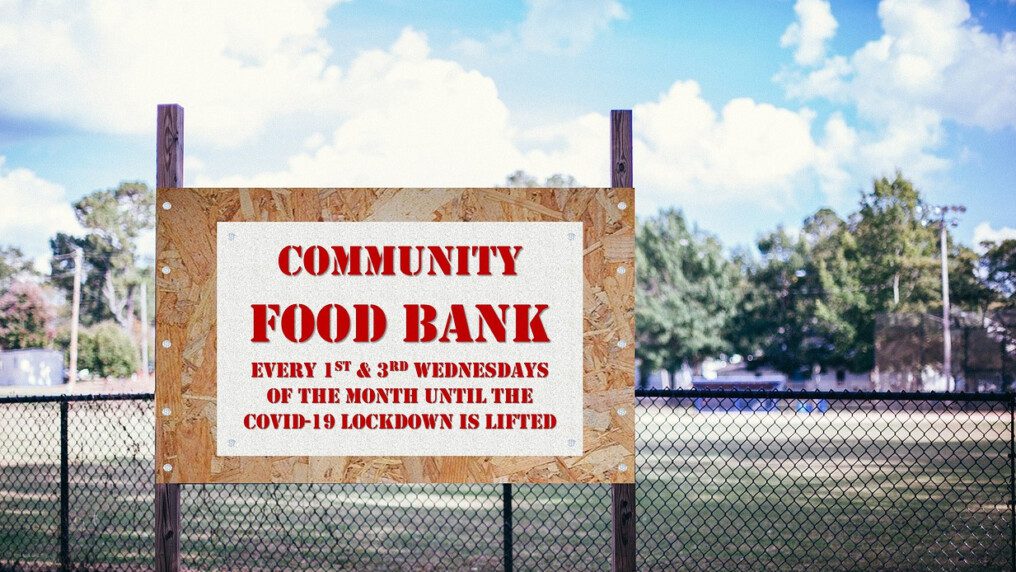
Every community has members who struggle with food insecurity. Local food banks play a vital role in addressing hunger and helping those in need. By donating your time or making a financial contribution, you can directly support your local food bank’s efforts to feed families and individuals facing hunger.
How Food Banks Help Fight Hunger
Local food banks distribute food to partner agencies across their service areas. These partner agencies include soup kitchens, homeless shelters, senior centers, schools, and other non-profits that provide meals daily. Food banks source food from various donations, purchase food in bulk to stretch resources further, and coordinate the logistics of storing and transporting food throughout their communities.
They work hard year-round to continually meet the need for emergency food assistance. The coordinated efforts of local food banks are essential for ensuring people do not go hungry despite facing challenging circumstances like job loss, poverty, disability, or health issues. Your support can help hard-working food bank staff and volunteers sustain these hunger-fighting efforts.
The Ongoing Need For Nutritious Food Donations
Most food banks rely on food drives and donations from individuals, churches, schools, and local businesses to replenish their supplies. Popular food drive items include canned vegetables and fruits, whole grain cereals, peanut butter, dried legumes, and canned soups or stews. However, perishable items such as fresh produce, dairy products, and meat are also welcomed. Food banks distributed through their partners strive to provide well-balanced, nutritious options when possible.
Donating your time is another important way to support food distribution processes. Volunteers are needed for tasks like sorting donations, packing boxes of food, assisting with deliveries, providing administrative support, and more. A Central California Food Bank volunteer said volunteering was a rewarding experience that deepened her appreciation for the food bank’s mission. All volunteers play a valuable role in helping food banks efficiently serve local communities.
Ways To Make A Financial Contribution

For those unable to donate food items or time, monetary gifts are also crucial. Financial donations enable food banks to purchase foods in bulk to maximize the dollars spent. Cash contributions can be designated to support general food bank operations or specific programs like mobile food pantries, senior food boxes, or child hunger initiatives.
Every dollar donated provides several meals worth of nourishing food for those facing hunger. Corporate partners and local philanthropists regularly organize food and fund drives to boost community food bank resources. Individuals can also support food banks through workplace giving campaigns, dedicating donations in someone’s honor, and participating in online or mail-in fundraising programs. No matter the size, each financial gift truly makes an impact.
Government Programs Supplement Local Efforts
While food banks play a frontline role, government nutrition programs complement their work to address hunger on a larger scale. The Supplemental Nutrition Assistance Program (SNAP) provides monthly benefits that low-income families can use to purchase more food. SNAP succeeds in lifting many out of poverty and helps increase food security nationally.
School meal programs like free/reduced breakfast and lunch also alleviate child hunger, while senior food boxes and home-delivered meals support older adult populations. Food banks collaborate closely with these Federal nutrition programs to maximize the collective ability to feed those in need. Together, the charitable and public sectors strive to create a more just and food-secure society for all.
Related: Top 5 Superfoods for 2022
Getting Involved In Your Local Community
To find ways to support your local food bank’s mission, check their website for a list of upcoming volunteer and donation opportunities. They regularly need help with various drives and special events. You can also make a habit of donating non-perishable food items to little free food pantries in your neighborhood that stock food bank supplies.
Speak to community groups, places of worship, local businesses, or classmates about organizing a food or fund drive as well. Spreading awareness of your food bank and how many in the community rely on its services is another meaningful way to show your support. With compassion and teamwork, every community can work to significantly reduce the problem of hunger facing some of its most vulnerable residents.
Read Also:




























